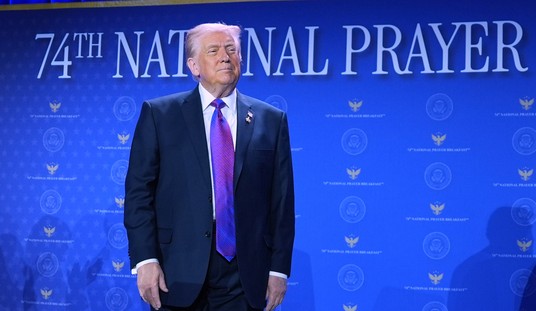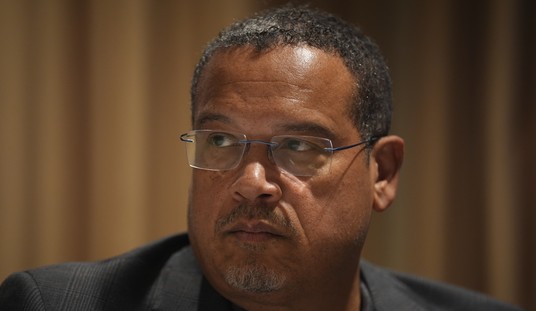Virtually every time we’ve brought up the subject of transgender athletes in competitive sports here, the news has been less than good. For the most part, the stories inevitably wind up dealing with males “transitioning” to females who compete against actual women and wind up dominating the sport. Unfortunately, a solution to this issue that satisfies all parties has remained elusive to say the least.
But in at least two sports, some people are moving into a new field of gender categorization that could offer an answer. The sports are bodybuilding and powerlifting, and a group in Georgia has been hosting competitive events specific to transgender athletes. We’ll get back to why this is important in a moment. This tale begins with Josey Lynn Davis, a transgender bodybuilder who was looking for opportunities to compete after the entire “transition” process. (NY Post)
“I didn’t know what would be said about me, so I was scared,” Davis, who lives near Knoxville, Tenn., tells The Post.
But after a bit of Google searching, she found an organization where she would feel comfortable showing her stuff: the International Association of Trans Bodybuilders and Powerlifters (IATBP), an organization that puts on a competition every October in Atlanta. Not only was Davis the first trans woman to compete, but she also won first place in the women’s bikini division.
The organization in question is the International Association of Trans Bodybuilders and they are hosting competitive events in both bodybuilding and powerlifting. (I should issue a trigger warning for those who require such things. That link has a lot of photos.)
This may seem well off the beaten path, but here’s why I wanted to point this out. We’ve already seen serious problems in competitive powerlifting where transgender athletes are winning medals and shutting out actual females in women’s events. But if the organizations running these competitions feel forced to accept transgender athletes, real females are eventually just going to be shut out.
Perhaps what the IATBP is doing here could provide a template. Granted, this only applies to two sports so far, but as long as the rules are made clear up front they could at least clear up the issue for weightlifters and other sports could follow suit. That way, everyone gets to compete but the unfairness factor is removed and competitive women’s sports can remain purely for naturally born women.
It’s a problem that most in the media are not willing to tackle thus far, unfortunately. Take for example this recent article from Wired. Titled, “The Trans athlete revolution is here,” it celebrates the “amazing victories” by trans athletes in female sports.
Transgender athletes are having a moment. At all levels of sport, they’re stepping onto the podium and into the headlines. New Zealand weightlifter Laurel Hubbard won two gold medals at the Pacific Games, and college senior CeCé Telfer became the NCAA Division II national champion in the 400-meter run. Another senior, June Eastwood, has been instrumental to her cross-country team’s success. At the high school level, Terry Miller won the girls’ 200-meter dash at Connecticut’s state open championship track meet.
These recent performances are inherently praiseworthy—shining examples of what humans can accomplish with training and effort. But as more transgender athletes rise to the top of their fields, some vocal opponents are also expressing outrage at what they see as transgender athletes ruining sports for cisgendered girls and women.
To be fair to the author, the Wired article does go into the questions we’ve been addressing here about testosterone suppression and all the rest, as well as the debate over allowing transgender athletes to compete against women in the first place. But as the author notes, there have been few promising solutions offered. This idea of a third division in all sports doesn’t seem to be popular with everyone, however. They quote one athlete who says, “I don’t want to compete in a third category, which many people would see as a freak category.”
It may not satisfy everyone, but simply running up the white flag and allowing competitive women’s sports to be essentially destroyed isn’t an acceptable solution either. Until we eventually get a ruling from the Supreme Court (assuming it ever arrives) on definitions of sex and gender and the boundaries of what qualifies as a mental health issue versus some new warping of medical science, these problems will remain with us. But at least when it comes to sports, a third division in all areas of competition where everyone can participate while preserving women’s sports might at least be a start.








Join the conversation as a VIP Member